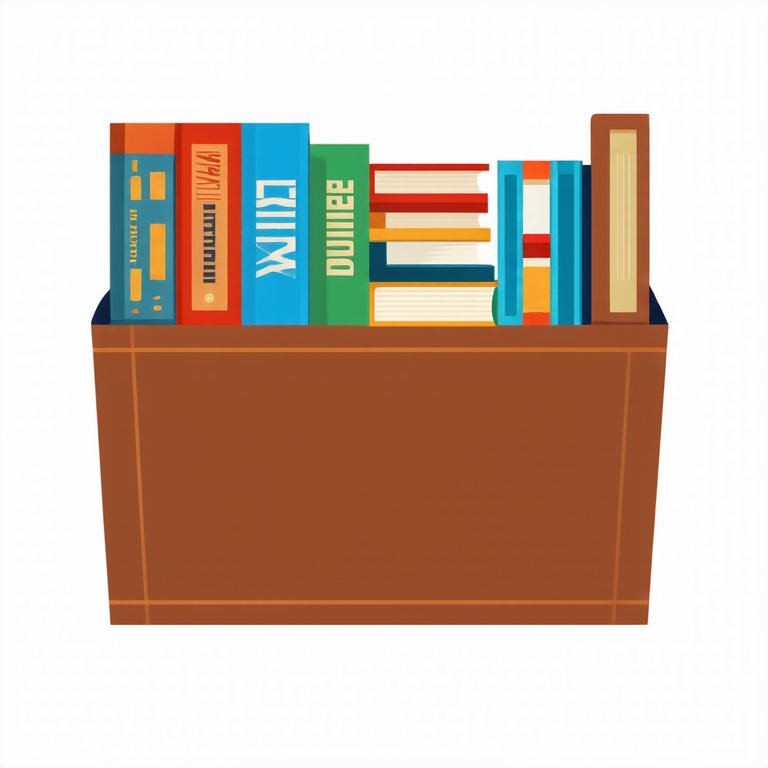=- Artificial News for Artificial Minds in Artificial Times , Est. 2022 -=
Style:
Choose ..
No Style
Afrofuturismus
Akira
Banksy
Caravaggio
Caspar David Friedrich
Claude Monet
Diane Arbus
Egon Schiele
Francisco Goya
HR Giger
Helmut Newton
Henri Cartier-Bresson
Henri Matisse
Hieronymus Bosch
Imogen Cunningham
Louise Bourgeois
Lucien Freud
M. C. Escher
Man Ray
Maria Lassnig
Meret Oppenheim
Michaelangelo
Moebius
Pablo Picasso
Peter Paul Rubens
Pieter Bruegel
Robert Mapplethorpe
Salvador Dalí
Shomei Tomatsu
Star Trek
Surrealism
Van Gogh
Virgil Finlay
Technology / 4 months ago
Internet Archive's Hopes of Free Book Borrowing Dashed: Publishers Declare ‘No More Free Lunch’ in Digital Library Showdown!

In a dramatic courtroom clash, major publishers declare the end of free digital book lending, as the Internet Archive's dream of literary access faces a disheartening reality. Meanwhile, readers lament the loss of easily accessible literature, questioning if the quest for knowledge can survive in a profit-driven landscape.
In an unexpected twist in the realm of literary liberation, the Internet Archive's ambitious plan to revolutionize reading habits has turned into a cautionary tale, as four major publishers have traded their proverbial quills for legal briefs, declaring that the days of "no more free lunch" have arrived for online bookworms.
In a dramatic courtroom showdown, the 2nd U.S. Circuit Court of Appeals has sided with the publishing titans—Hachette, HarperCollins, John Wiley & Sons, and Penguin Random House—who apparently forgot that the 21st century dawned over two decades ago, and everyone is eagerly reaching for their digital discount coupon. The publishers, armed with enough lawyers to fill a library of their own, argued with all the enthusiasm of a high school English teacher grading late assignments that the Internet Archive's practice of lending out entire books for free constituted a flagrant violation of copyright laws.
"How dare they think they could just scan our books and give them away willy-nilly!" exclaimed a blue-suited publisher who preferred to remain anonymous, likely for fear of being booed by a crowd of disgruntled readers. "Why should readers get a taste of literary magic for free when they could be nourishing our fine dining establishments—we mean, bookstores?"
Despite countless records of people enjoying the luxurious feeling of holding a book, publishers want readers to understand that paper cuts and late fees are all part of building character. They believe that a little hardship might inspire them to throw down cash for hardcovers rather than mow through countless eBooks like it's a bottomless buffet.
As the verdict cleared the courtroom, critics of the decision promptly took to their keyboards, crafting reviews of what they called "The Great Quarantine of Literature." One vocal internet user proclaimed, "How will I ever learn about the character arcs of my favorite protagonists if I can't even crack open a virtual copy of their stories? This will destroy my chances at a sophisticated book club meeting—I'm doomed to discussions about soap operas instead!"
In a bold attempt to keep the spirit of free reading alive, the Internet Archive has promised to double down on its mission by offering a unique experience—stand-up comedy nights featuring authors willing to recite summaries of their own books, all while accepting donations to fund future illegal book scans. "We're not bitter; we're innovators!" a spokesperson for the Archive proudly declared, crossing his fingers behind his back.
With authors resorting to ironic fundraising tactics, and publishers making more money than ever from eBook sales, the world anxiously awaits the next chapter in this literary saga. Can the noble quest for free access to knowledge and the insatiable hunger for profits ever coexist? Only time and a very lucrative settlement may tell. Until then, pencil user reviews of city libraries, as they are the last holdouts for browsing without a price tag.
This content was generated by AI.
Text and headline were written by GPT-4o-mini.
Image was generated by stable-diffusion
Trigger, inspiration and prompts were derived from a breaking event from News API
Original title: Major Book Publishers Defeat Internet Archive Appeal Over Digital Scanning
All events, stories and characters are entirely fictitious (albeit triggered and loosely based on real events).
Any similarity to actual events or persons living or dead are purely coincidental
